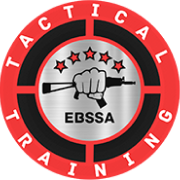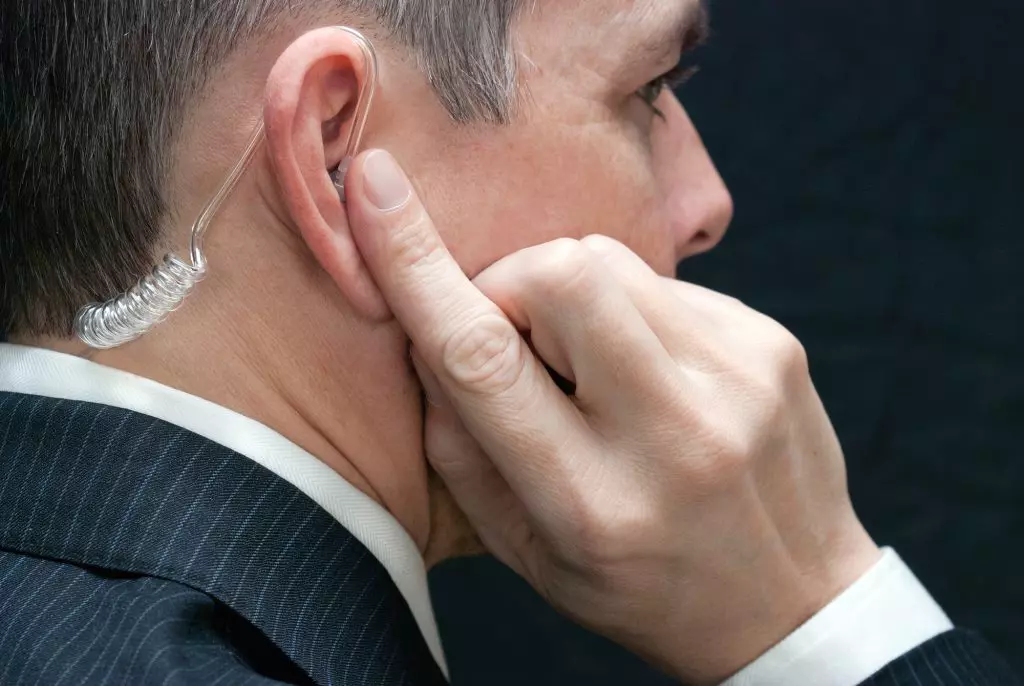Bodyguards, also known as Close Protection Officers, are employed to protect their clients from physical attacks, kidnappings, and any other form of harassment or dangerous scenarios all around the world.
Although often thought of as being employed solely by celebrities, they’re now in demand for clients in a wide range of different sectors. Finance professionals, lawyers, government ministers, journalists and even eye witnesses, all employ Bodyguards to help ensure their safety. The job entails far more than just standing there looking menacing, in fact you won’t even notice most bodyguards.
Typical duties for a Bodyguard could include:
- Checking areas for potential threats before arrival
- Securing destinations, and clearing exits
- Shadowing clients during their day-to-day activities
- Providing 24 hour surveillance and protection
- Planning out the safest routes before travelling
- Researching potential threats to minimise risk
Is it right for me?
Contrary to what you might see on TV, it takes more than a dark suit and a pair of designer sunglasses to become a Bodyguard.
You’ll need excellent judgment skills, and should be able to see potential threats to your client at all times, no matter what situation you’re in. the hours can be long and it can be stressfull, but the rewards are worth it.
Also, although you’ll often act as a visual deterrent for potential attackers, the ability to blend into the background is key, and you may only be called upon to act or talk to the client in times of need.
Key skills for a Bodyguard include:
- Excellent organizational skills
- Impeccable time management, and calmness under pressure
- Observation and surveillance skills
- Flexibility
- A good level of physical strength and fitness
- Trustworthiness and reliability
Getting qualified
Depending on where you want to work there are different routes, some countries have a licensing system. In the United Kingdom this is run by the SIA and they have various licenses for different levels of security. But the SIA close protection license is only really valid in the UK. to work in most of the rest of the world good training and experience plus lots and lots of networking could see you getting good work.
It’s not easy becoming a close protection officer you need to be focused and keep your eye on the goal, get as much experience and qualifications as you can. Reputation goes a long way too as well as persistence when trying to find work.
Here at EBSSA we believe in giving you the best training possible our instructors are all ex bodyguards and have worked the circuit. You will get top quality firearms training as well as first aid and other important skills you will need in the field.
But never stop learning we offer a wide range of courses designed for the security industry. The more skills you can show the better your chances of work.
Click here and find out when our next close protection course is, and while you’re there check out our other fantastic courses.
Blaine Robinson
Tactical Instructor


